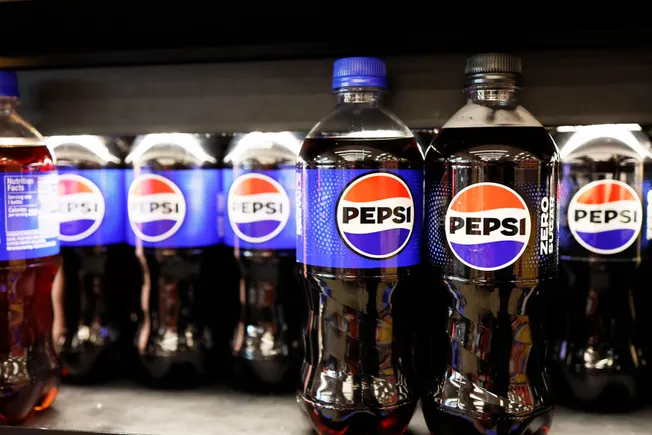PepsiCo Adapts Sustainability Targets to Address Changing Realities
In a recent announcement, PepsiCo revealed adjustments to its sustainability targets to better align with current challenges and opportunities in the climate investment landscape. The food and beverage giant has decided to streamline some of its goals while expanding its focus on regenerative agriculture initiatives.
According to Jim Andrew, PepsiCo’s chief sustainability officer, the company’s decision to refine its sustainability targets is driven by a pragmatic approach to growth and resilience. While maintaining its commitment to delivering diverse ingredients with reduced saturated fat, sugar, and sodium content, PepsiCo is reevaluating its emission reduction and packaging waste goals.
PepsiCo launched its sustainability strategy, PepsiCo Positive (pep+), nearly four years ago, with a focus on driving positive impact while enhancing business resilience. The recent adjustments to the company’s targets take into account external factors such as evolving government policies and limitations in recycling and electric grid infrastructure.
Key Changes to PepsiCo’s Emission Reduction Goals:
– Total emissions: The company has phased out its target to reduce total scope 1, 2, and 3 emissions by over 40% by 2030. Instead, PepsiCo will shift its focus to more attainable near-term targets.
– Scope 1 and 2 emissions reduction: The goal to reduce scope 1 and 2 emissions by 75% by 2030 has been revised to a 50% reduction by the same year, with a baseline year change from 2015 to 2022.
– Scope 3 emissions reduction: PepsiCo has split its scope 3 emissions reduction targets, aiming for a 42% reduction in energy and industry emissions and a 30% reduction in forest, land, and agriculture emissions by 2030, compared to a 2022 baseline.
– Net zero: The deadline to achieve net-zero emissions has been extended to 2050, aligning with the Science Based Targets initiative’s 1.5 degrees Celsius scenario.
In addition to emission goals, PepsiCo has adjusted its packaging sustainability targets, moving away from scaling reusable models and focusing on supporting partners developing innovative material technologies. The company acknowledges the challenges in implementing these changes, such as regulatory restrictions on recycled PET usage in certain regions like China.
Despite facing obstacles in meeting previous sustainability targets, PepsiCo remains committed to driving systemic change through investments, innovation, and collaboration. By sharpening its focus on regenerative agriculture and water stewardship, PepsiCo aims to make a meaningful impact in these critical areas. The company’s updated sustainability targets reflect transparency about the challenges ahead and its continued ambition to drive positive change.
Stay tuned for PepsiCo’s upcoming 2024 ESG report, which will provide further insights into the company’s progress towards its revised sustainability goals.

